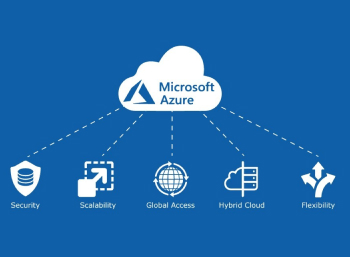
Professional and dedicated services.
This perspective captures the essence of the current cloud technology revolution. It emphasizes how cloud computing has transcended being just a futuristic innovation to become a fundamental aspect of modern business operations. The idea of everything-as-a-service (XaaS) aptly illustrates the transformation of business models, driven by the scalability, flexibility, and agility that cloud platforms offer.




